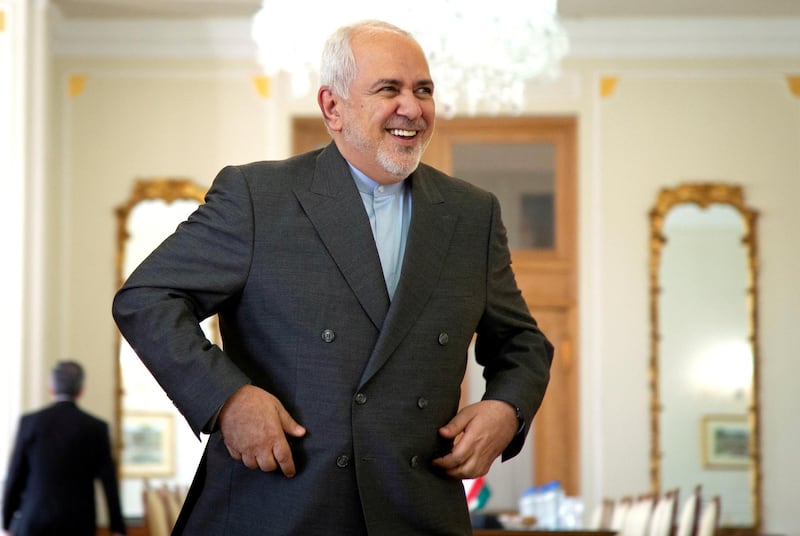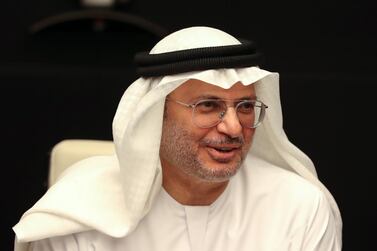Iran will further reduce its commitments to the landmark nuclear deal signed with world powers in 2015, its foreign minister said on Saturday, a third step against the agreement that comes amid heightened tensions with the United States, which withdrew from the accord last year.
The US has imposed crippling sanctions on the Iranian economy and Tehran has said it will continue to water down its commitments to the deal if the European signatories – France, Germany and Britain – as well as Russia and China protect the country from the economic impact of the sanctions.
"The third step in reducing commitments to (the nuclear deal) will be implemented in the current situation," Mohammad Javad Zarif said, , according to parliamentary news agency Icana.
"We have said that if (the deal) is not completely implemented by others then we will also implement it in the same incomplete manner. And of course all of our actions have been within the framework of (the deal)."
Last month, Iran threatened to restart deactivated centrifuges and ramp up enrichment of uranium to 20 per cent purity in a move away from the nuclear deal.
Iranian officials have said that all of Tehran's moves in reducing its commitments to the nuclear deal are reversible as long as the remaining signatories uphold their commitments.
Fears of a Middle East war with global repercussions have risen since US President Donald Trump withdrew last year from the 2015 deal and revived a panoply of sanctions meant to push Tehran into wider security concessions.
The United States on Wednesday imposed sanctions on Mr Zarif himself, blocking any property or interests he has in the United States, although Mr Zarif said he had none.
He added at a charity event on Friday night that he is proud to be sanctioned by America for defending the rights of Iranian people, the IRIB news agency reported.
The New Yorker reported on Friday that Mr Trump invited Iran's top diplomat, Mr Zarif, to the White House at the height of tensions between the two countries.
The invitation, extended by Senator Rand Paul with permission from the president, was turned down for now. The minister said it was up to Tehran to decide on accepting it.
Mr Zarif told the magazine he would not want a White House meeting that yielded just a photo op and a two page statement afterwards, The New Yorker said.
Mr Trump has said publicly several times that he is willing to hold talks with the Iranians even as he lambasts Tehran as a corrupt, incompetent and dangerous regime that is a threat to regional security and US interests.
Mr Rand had been working for weeks on setting up a meeting with Mr Zarif and on July 15, conferred with him in New York, passing on an invitation from Trump for him to come to the White House, the magazine said.
At the one hour meeting with Rand, Mr Zarif suggested ways to end the nuclear impasse and address Mr Trump's concerns, The New Yorker said.
France said on Thursday that it was concerned over a US move to impose sanctions on Mr Zarif and said that along with Britain and Germany it disagreed with the decision.
"We consider that all diplomatic channels should stay open, particularly in a context of high tensions," the ministry said.
The European Union said it regretted the US decision to impose sanctions on Mr Zarif.
Stressing the "the importance of maintaining diplomatic channels", it vowed to continue working with the Iranian minister.






